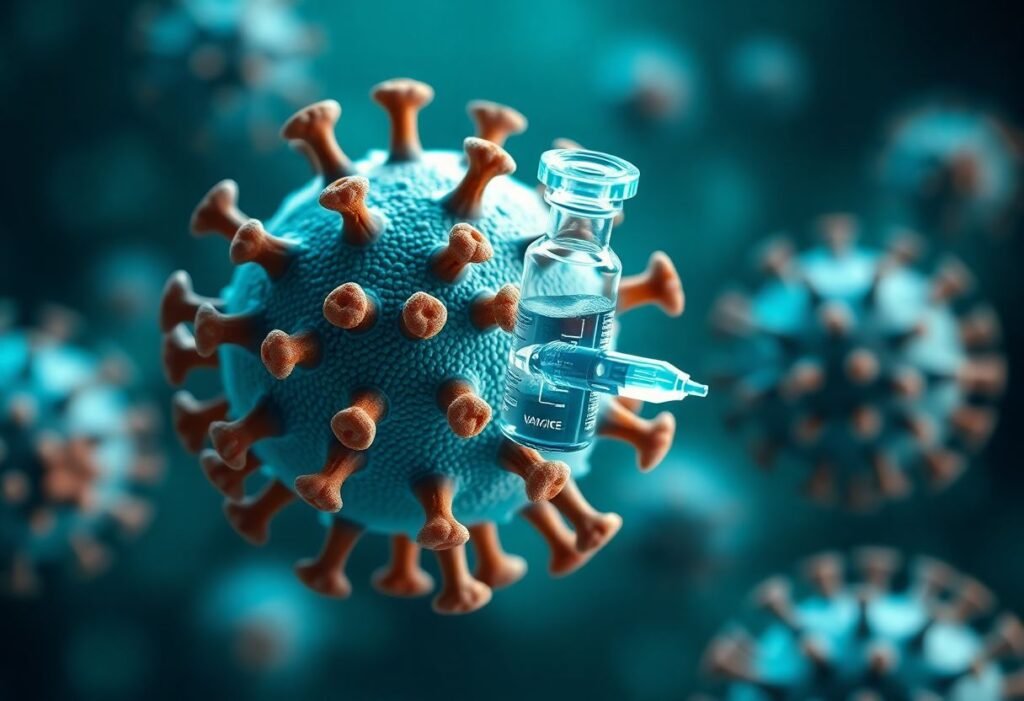Biotechnology is revolutionizing vaccine development by introducing innovative technologies that enhance efficacy and speed. The intersection of biotechnology and healthcare offers new horizons in preventing diseases.
Advancements in Genetic Engineering
One of the critical areas of biotechnology influencing vaccine development is genetic engineering. By manipulating genes, researchers can develop recombinant vaccines that harness the immune system’s power more effectively than traditional vaccines. This method enables the creation of safer and more efficient vaccines, targeting specific pathogens and providing better immune responses. For instance, the development of the Hepatitis B vaccine utilized genetic engineering, demonstrating its potential in biotechnology. Moreover, the ability to produce these vaccines quickly is vital in response to emerging infectious diseases.
Role of mRNA Technology
mRNA technology represents a significant innovation in vaccine development. It allows the introduction of genetic instructions into the body that prompt cells to produce proteins resembling those on virus surfaces, helping the immune system recognize and combat real infections. The rapid development of the COVID-19 vaccines showcased the effectiveness of mRNA platforms and set a precedent for future vaccine strategies. This technology not only accelerates the production of vaccines but also significantly reduces the development timeline, allowing for a swift response during pandemics.
Improved Delivery Systems
The design of vaccine delivery systems is another area benefiting from biotechnological advancements. Utilizing nanoparticle-based systems enhances vaccine stability and delivery efficiency. For example, lipid nanoparticles are employed in mRNA vaccines, facilitating the safe transport of genetic material into cells, ultimately leading to more effective immune activation. Additionally, these innovations can lead to reduced side effects while maximizing immune responses, making vaccines safer and more acceptable to the general public.
Data-Driven Vaccine Development
The integration of big data and machine learning is transforming how vaccines are designed and tested. By analyzing large datasets, researchers can identify potential vaccine candidates with a higher likelihood of success. This data-driven approach streamlines the vaccine research process, leading to more targeted and effective solutions. As we continue to gather more data on diseases and immune responses, we can create more refined vaccine formulations that cater to diverse populations, improving global health outcomes.
Collaboration and Global Efforts
The collaborative nature of biotechnology fosters worldwide partnerships that expedite vaccine development. Organizations, governments, and research institutions are working together to share findings and resources, facilitating quicker advancements in vaccine technology. Initiatives like the Coalition for Epidemic Preparedness Innovations (CEPI) exemplify how such collaborative efforts can lead to the rapid creation of vaccines against emerging diseases. As we face global health challenges, these partnerships are crucial in innovating solutions that benefit populations globally.
Future Perspectives in Vaccine Biotechnology
Looking ahead, the future of vaccine biotechnology appears promising. Continuous advancements in areas like nanotechnology, synthetic biology, and immunotherapy will undoubtedly influence how we develop and deploy vaccines. As the world faces various infectious diseases and pandemics, these innovations can potentially increase vaccine availability and effectiveness. Staying at the forefront of these advancements is critical for preparing for future health challenges, ensuring we can protect public health effectively.
Disclaimer: The information provided in this article is for educational purposes only and should not be considered medical advice.





















